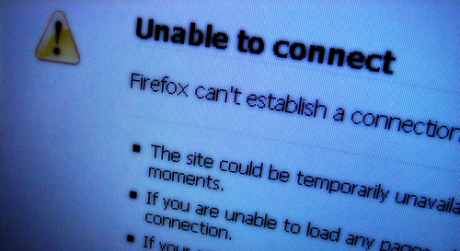Companies shouldn't ban Facebook at work: Can it be used properly?

In a recent survey, it emerged that almost half of British companies block access to social media sites, like Facebook and Twitter.
The debate rages on whether denying access to social media sites 'demotivates' employees, and whether social networking distracts away from pertinent work or assignments.
The study suggests that managers are concerned for the potential of derogatory comments being posted about them, with others fear the reputation of the company could fall into disrepute, as has been seen in times gone by.
But you don't see student union's blocking access to social media sites; thankfully for the reason that social media is the foremost way to access the student demographic. Large organisations like Microsoft, Google, Research in Motion don't block access to Facebook.
Though, I bet after this past week, Google wishes it had.

On the other hand, for younger users, it is a vital communications tool -- particularly access to the chat feature and messaging features -- to send links and online pages, and to instant message with one another.
Nevertheless, though Facebook chat and messaging may well prove useful to albeit a small demographic of the ever burgeoning workforce, the surrounding news feed and status updates could serve as a distraction; personal experience taken into account.
The ban also raises questions of the social media strategy that companies are seemingly not taking advantage of.
Companies nowadays all but require a social media presence, particularly to engage with younger users who dominate sites like Facebook and other social networks. If companies are banning and blocking access to the site, one has to wonder whether they are restricting themselves from younger potential customers.
One can only hope that if Facebook is being limited in the work environment, that at least a viable and secure communications system is employed in these settings to enable collaborative access.
Alas, in many cases there is not.
With web-based email figures showing a decline in users, suggesting social media is partly to blame, and the recent email integration into Facebook, one has to question why businesses are not taking advantage of this, what is effectively, a cloud based service.
Oh wait -- it's not secure. I forgot about that one. Using Facebook for actual business means is ridiculous and reckless to say the least.
If Facebook wants to take on Microsoft (using strictly above the board tactics, may I remind you), it needs to prove that it can be an effective communications platform in the workplace.
Chat and messaging enabled, with picture tagging and the more 'fun' features turned off. Maybe that is where Microsoft and its SharePoint software has its edge.
Facebook can be used properly. It just takes trust on the part of employers, and respect taken on by employees.
Related content: